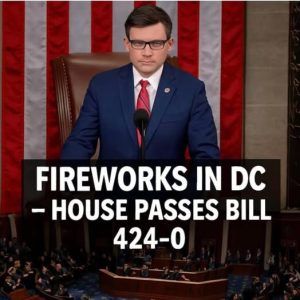Bill Essayli was appointed in April 2025 by Pam Bondi (as U.S. Attorney General) to serve as the U.S. Attorney for the Central District of California, covering Los Angeles and surrounding counties. His appointment was made pursuant to 28 U.S.C. § 546, which allows the Attorney General to appoint a U.S. Attorney for a district in which the office is vacant. He came in with a reputation as a conservative former California Assemblyman and federal prosecutor with a track-record of taking on entrenched interests.
However, a legal challenge emerged when J. Michael Seabright (a U.S. District Judge in Hawaii) ruled on October 28 2025 that Essayli’s continued service as “acting” U.S. Attorney violated federal law because his 120-day interim appointment under § 546(c)(2) had expired and he had not been formally nominated by the President and Senate-confirmed. The judge found that through an extension maneuver by the Attorney General, Essayli had “unlawfully assumed the role of Acting United States Attorney for the Central District of California.” As a result, Essayli was disqualified from serving in the “acting” capacity and from overseeing several criminal prosecutions.
Despite the ruling, Essayli remained defiantly in place. The judge’s order allowed him to continue serving as First Assistant U.S. Attorney — which effectively leaves him as the highest-ranking official in the office for now — and the criminal indictments he oversaw were not dismissed because other duly-appointed prosecutors had signed off on them. Essayli himself posted that “nothing is changing… I continue serving as the top federal prosecutor in the Central District of California.” Supporters argue this is largely a procedural issue, while critics say it undermines the legitimacy of the appointment and the office.
In sum, Bill Essayli’s appointment was seen by some as a pivot point in federal law-enforcement in southern California; but the ruling that his appointment expired without Senate confirmation has thrown a layer of legal uncertainty over his authority and the office’s leadership. The practical effect remains somewhat muted for now, as he continues to oversee operations under a different title, but the decision raises broader questions about appointment practices and adherence to confirmation requirements.





